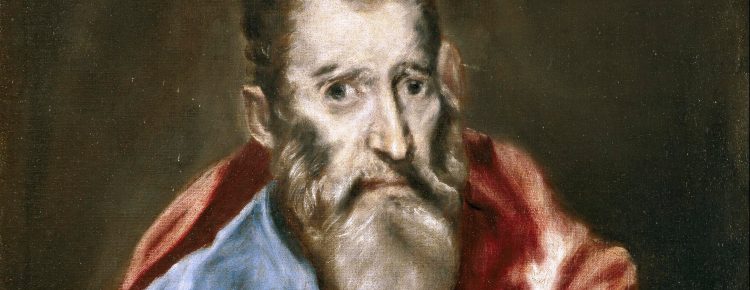Bartholomew is a difficult saint to celebrate because we know hardly anything about him. The gospel for the fast of Bartholomew doesn’t even mention his name. He may or may not be the same person as Nathaniel –scholars argue the one way and the other. In Matthew, Mark and Luke Bartholomew is listed as one of the twelve. John doesn’t mention Bartholomew but does mention someone called Nathaniel – so these two men, Bartholomew and Nathaniel may be the same person.
Ancient writers on the history of the Christian faith write that Bartholomew was an apostle to India – possibly is the region of Mumbai (Bombay). Along with his fellow apostle Jude, Bartholomew is reputed to have brought Christianity to Armenia in the 1st century. By tradition, Bartholomew is said to have been flayed alive, before being crucified upside down, thus becoming the patron saint of Leather-workers. In painting and sculpture, he is often represented as holding a knife, with his own skin neatly draped over his arm. Bartholomew has also always been associated with healing, so a number of hospitals are called after him.
He is also associated with the small Italian Island of Lipari, where he may have been buried. During World War II, the Fascist regime, looking for ways to finance its activities, ordered that a silver statue of Saint Bartholomew from the church and melted down. But when the statue was weighed, and it was found to be only a few grams so iIt was returned to its place in the Cathedral of Lipari. In reality, the statue is solid silver and is very heavy. This is a fairly recent miracle associated with St Bartholomew.
About Bartholomew himself we know almost nothing about Bartholomew except that he was a disciple of Jesus. Far from being a negative thing, I think this is the most important thing about this rather mysterious man. For he teaches us that the call to serve is not really to do with fame or status. Look around you today and you will see the reign of the ego and of fame, perhaps media stars and the glitterati are the best known for this. An increasing number of children, when asked what they want to do when they grow up, say that they want to be famous – being famous for being famous has become a vocation. Some of our politicians seem rather the same. But the church isn’t exempt: evangelists on religious tv stations, pastors of megachurches, and, unfortunately, some bishops and clergy just love being in the spotlight, have become artists of self publicity. I once heard someone say that their church was OK but it was hard to see God because the Vicar always got in the way. It’s a temptation clergy are aware of and must resist – our job is to point people to God, not to ourselves.
So Bartholomew’s anonymity shows us ‘it’s not all about me’. Our job as Christians is to get out of the way and to enable people to catch a glimpse of the GOd whom we serve. We also know, from the life of this mysterious man that we actually don’t need to be famous, because God loves us, and that’s all we need – we need no other adulation.
All of us here will join the great ranks of anonymous Christians who have served God through the ages. In 2000 years time – probably long before that – we will all have been forgotten, except perhaps by ancestor hunters who might still be digging our names out of archives and searching church registers for information.
This might seem rather disheartening, but it needn’t be, because we know we are creatures of God’s making and redeeming: we are each loved by God more than we could ever imagine – part of our job is to try to discover a little more of this love as we go about our lives. When we understand even a little of this love our anxieties about status, importance and fame, begin to lose their hold over us. In God’s love we have everything we need.
So often we see the lives of the rich and famous descend into tragedy or disaster. Wealth and fame often don’t bring happiness. The ordinariness of our lives is something to celebrate, if, like Bartholomew, our lives are built on the rock of faith and have the knowledge of God’s love, like a hidden jewel, burning within.
So Bartholomew is one of us: a follower, disciple and servant of Jesus Christ. An anonymous, unshowy person who gave of his best. Someone we don’t know much about, but whose soul is now hidden with God where that great love will, at last, be fully known.
That is all that is needed. All that matters. Amen


Great sermon for this feast day.